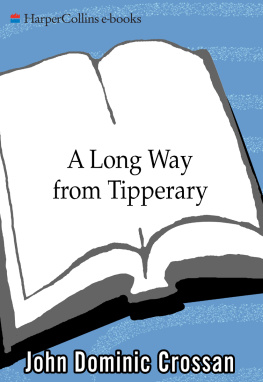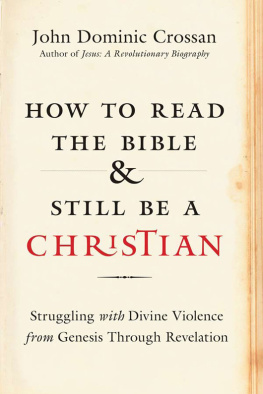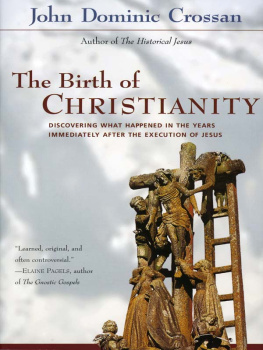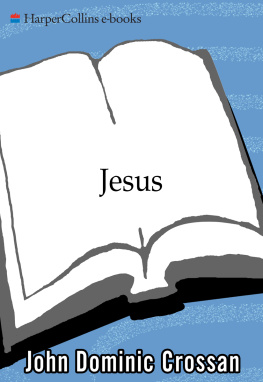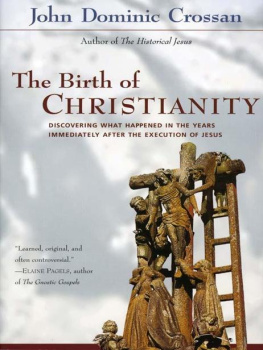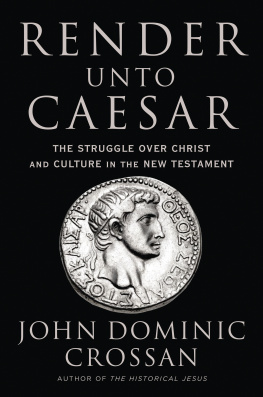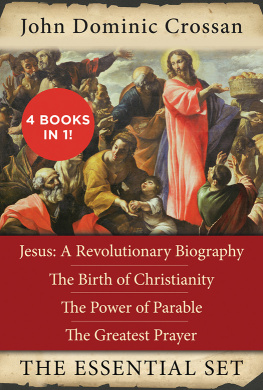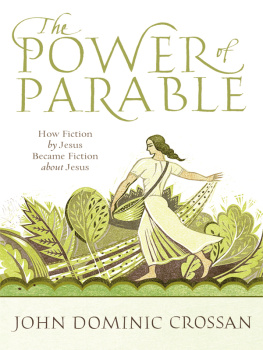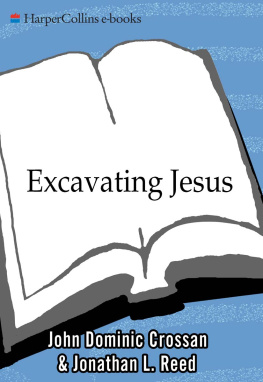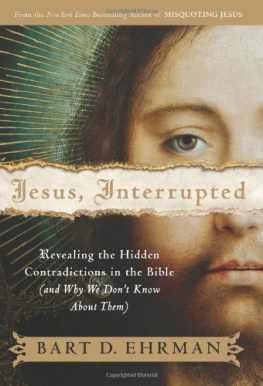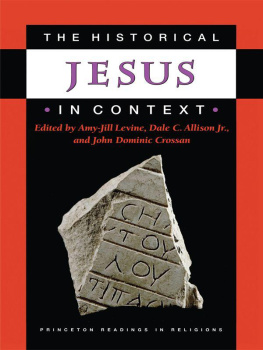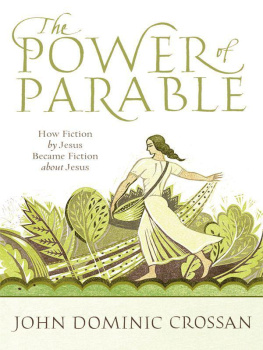Not Where I Expected to Be
D awn on Sunday, June 4, 1967. The road emerged from the sheltering confines of the Judean hills, and the full glare of the rising sun hit the front seats of the taxi. The driver was moving very fast, too fast even for empty roads, down from the Old City of Jerusalem into the Jordan valley, over the rivers bridge, and eastward to Amman across the desert plateau. All of that still belonged, for one last day, to the Hashemite Kingdom of Jordan.
I sat in the front next to the driver, sat in utter silence from the front gate of the French Biblical and Archeological School to the departure drop at the International Airport. He was staying and I was leaving, although I think fleeing is the more appropriate, technical term. Jordanian tanks were digging in as fixed-gun emplacements on the north side of the road as it finally descended onto the valley floor. They would be lethal if Israeli soldiers streamed down the road. They would be fatal if Israeli jets screamed out of the sun. I had only one thought, clear and sharp to this day, but then chanting through my mind like a mantra: What a shitty way to end a stay and leave a country!
I had lived for two years at that famous French school just outside the northern wall of the Old City, halfway between Damascus Gate and Mandelbaum Gate. That latter pseudogate, too, had only one day left. In the preceding weeks shopkeepers taped their windows and drivers painted their headlights down to narrow slits. The Jerusalem Airport was closed to lengthen its runway for the new Boeing 747s, and that left Amman, presuming the Jordan bridge intact, as the only airway exit before war broke out. Embassies and consulates told their nationals that, unless they had to stay, they should get out; hereafter, they would be on their own. The United Nations Command removed its dependents from Israel and Jordan across the Galilean border into Lebanon and on to Beirut or Cyprus. There were many Irish families among them, wives and children of army officers under U.N. auspices on the Israel-Jordan demarcation line or of nonmilitary personnel at U.N. headquarters in the old British Mandates Government House south of Jerusalem. I knew several families very well after two years. I had been at their parties for other Irish U.N. officers from the demarcation line between Turks and Greeks on Cyprus, appeared on Jordanian TV with them for St. Patricks Day, gone on trips with them north to Damascus and south to Aqaba, and baptized some of their children at the traditional site of Jesus baptism in the Jordan river. (High noon in July, with the young mothers back tight against the retaining wall in an attempt to get some shade. We heard no heavenly voice, we saw no descending dove, but we all had, directly or indirectly, some very cold beer from the big white cooler in the back of the big white Jeep.) Then one day, they were all gone, and I did not get a chance to say good-bye to any of them. I still feel it to this day: the dawn, the sun, the mantra.
It was already late to be leaving and, of course, much later than I then knew. It was late not because of either bravery or stupidity on my part. I was a monk with a vow of obedience, and I had to wait for permission from my religious superiors in America. Much more important, I was a monk with a vow of poverty, and I had to wait for airfare from my financial superiors in America. But early or late, Amman Airport for a flight to Rome was not where I was supposed to be that day. I was supposed to be on my third and final visit to Israel during the first two weeks of that month, and by June 4 I should have been somewhere in Galilee, maybe even at Nazareth. I never got there and recognized the irony immediately, since I was not only a monastic priest, but already a New Testament scholar with a focus on the Gospels. I had no idea then how great the irony of that lost chance, that nonvisit, was to become.
Between 1965 and 1967 I had been everywhere and seen almost every ancient site in the Middle East. Everywhere except Galilee and Nazareth, where Jesus lived for most of his life. At various times and in no hurry I had spent weeks in Greece and Turkey, Lebanon and Syria, Iraq and Iran, Morocco and Tunisia, Egypt and the Sinai. Great trips, weird trips, unforgettable trips.
In Egypt, I climbed to the top of Mount Sinai for the tradition, the top of the Great Pyramid for the view, and the top of the Nile Hilton for the bar. In Morocco, I drove along the royal road from Casablanca to Marrakech to Fs to Rabat on a trip that was to last four days, but never got farther than the La Mamounia Hotel in Marrakech. I thought I felt sick, but it might just have been that beautiful outdoor pool with the Atlas Mountains as a distant backdrop ( Que sera, sera ). In Iraq, from Baghdad to Babylon I was on a good, paved road. But then from Babylon at noon through Ur at dusk to Basra at midnight, where a paved road appeared in the Hachette Guide s fantasy, there was packed earth in the Iraqi governments reality. I had a cheap ride in a new Mercedes on delivery to the Gulf; the driver waited at a rest stop and then followed an oil truck across the desert as it headed for the excess-gas fires flaming along the coast.
In Turkey, the English-speaking travel agent in Antakya got a prepaid driver and car to take me through the Cilician Gates in the Taurus Mountains to stops at Lystra, Derbe, and Iconium, Pauline sites with nothing much Pauline (or anything else) to see, and on to a final destination at Antalyas airport. The driver slept in the car every night, drove slowly and pointedly up every mountain, and tried to make me pay for the gas at every pump. When we stopped each day for lunch, I let him order and indicated that I wanted the same. Somewhere south of Konya on our last day together he began by popping a large pepper in his mouth. I did the same, felt my tongue explode, and poured a whole glass of water in my mouth to put out the fire. Across the table, my driver was chewing contentedly, looking me straight in the eye, and smiling.
In those days Jordan controlled both Transjordan and the West Bank. Since I was living in Jordan, it was easy to visit any of the West Bank areas, and the Old City of Jerusalem itself was a daily walk. I had been a dozen times to Bethlehem with colleagues or visitors. I had been a dozen times to the site where Jesus was born according to parable, but never to Nazareth, where he was born according to history. I had not planned it that way, but that was how it happened. I had been everywhere except Galilee. I had seen everything except Nazareth.
In those years tourists were allowed to cross Mandelbaum Gate in only one direction, leaving Jordan for Israel or Israel for Jordan. They could not return. But certain foreign residents in Jordan, for example, ordained ministers or field archeologists, were allowed double crossings, over to Israel and back, but not too often and only on carefully prearranged and preauthorized dates. It was also imperative never to get an Israeli stamp on your passport, or entry into countries such as Syria or Iraq would thereafter be denied. An Irish citizen like myself carried two passports, one stamped Valid for travel to Israel and another for everywhere else, especially for Arab countries hostile to Israel.

